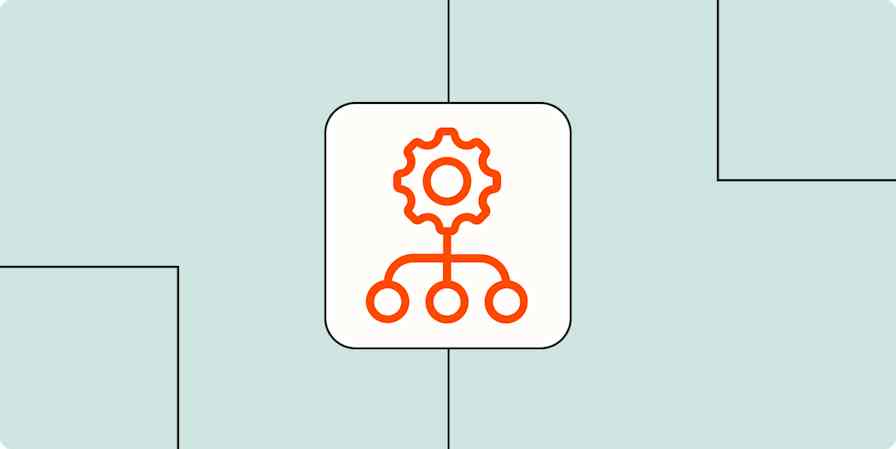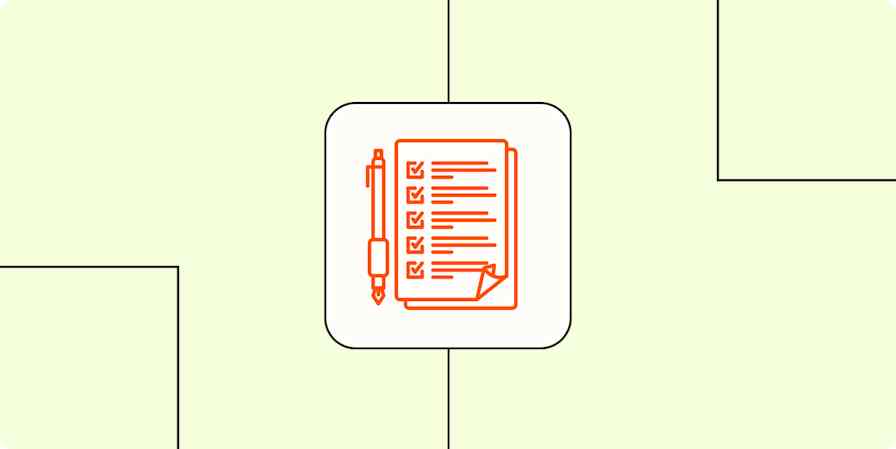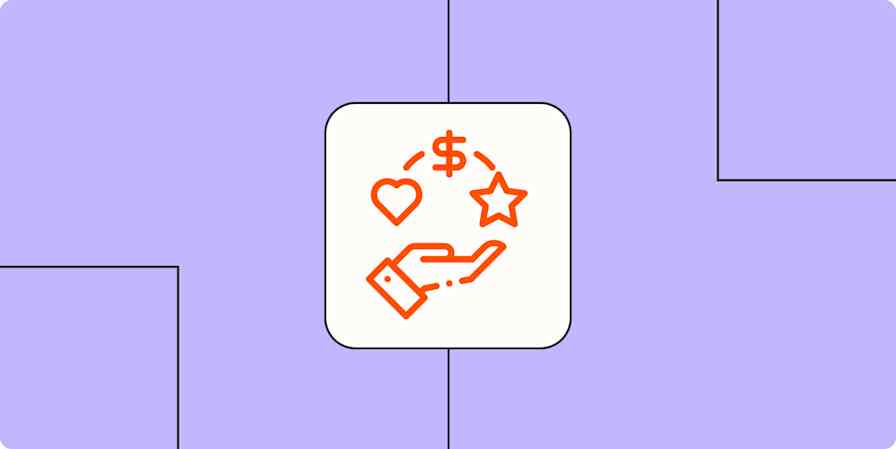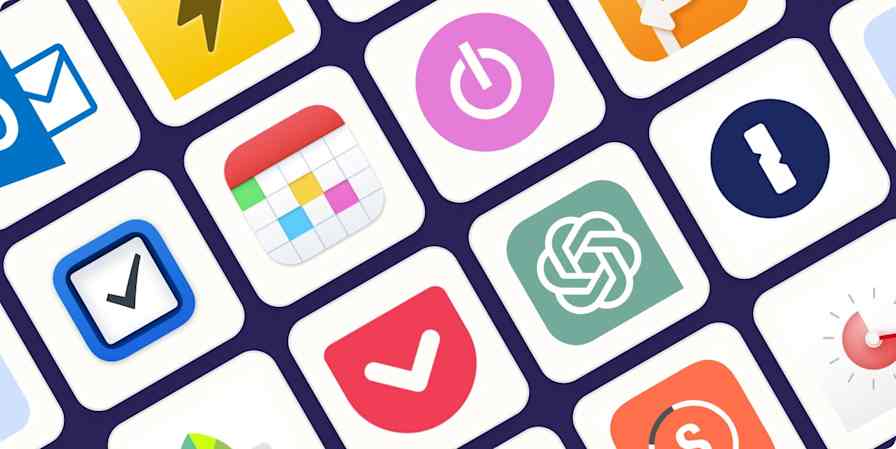Productivity tips
7 min readLean into slow seasons of work by concentrating on your mental health
By Leanna Lee · August 14, 2023

Get productivity tips delivered straight to your inbox
We’ll email you 1-3 times per week—and never share your information.
Related articles
Improve your productivity automatically. Use Zapier to get your apps working together.








